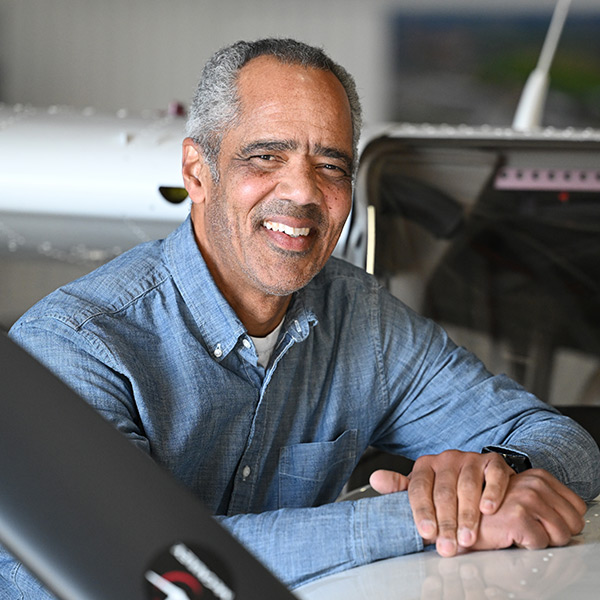Jekta, ZeroAvia work together on hydrogen-fueled seaplane
Jekta, the company developing an electric-powered amphibious aircraft called the PHA-ZE 100, agreed to use a fuel cell power system from ZeroAvia to demonstrate the concept of a possible fuel-cell version of the flying boat design. The companies announced the agreement during the Farnborough Air Show.
Switzerland-based Jekta said it wants to explore a number of potential power options to increase its proposed aircraft’s range and load-carrying capacity. Jekta said the PHA-ZE will have a range of up to 500 to 600 kilometers, or about 270 to 320 nautical miles, when powered by the ZeroAvia fuel cell system. The fuel cell power system, which the companies would develop and certify together, would have a lifespan of up to 20,000 hours. Compared with batteries, which are still developing, the fuel cell would help lower operating and maintenance costs, the companies said.
ZeroAvia has been testing and refining a prototype hydrogen-electric powertrain in a 19-seat twin-engine Dornier 228 airliner. The aircraft’s first flight, with the hydrogen power plant replacing one of its turboprop engines, took place early in 2023.
“The JEKTA team shares our vision of introducing clean aircraft propulsion systems into commercial operations. We are noting a resurgence in the seaplane market, and we’re excited to work with an innovative company that is leading and shaping the future of amphibious aviation,” said Val Miftakhov, founder and CEO of ZeroAvia. “We see the huge potential for creating zero-emission amphibious flights, and we believe hydrogen-electric propulsion will play a big role in this market.”
ZeroAvia continues its involvement in developing routes and global infrastructure projects to support hydrogen refueling. These include testing systems for on-site hydrogen generation and operating refueling equipment in an airport environment. Jekta’s Alafinov said his company plans to work with ZeroAvia on infrastructure development that will support “an efficient regional amphibious aviation network.”




